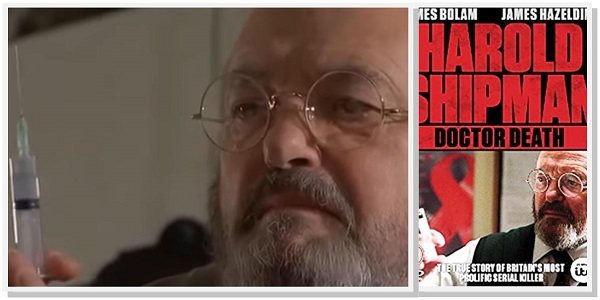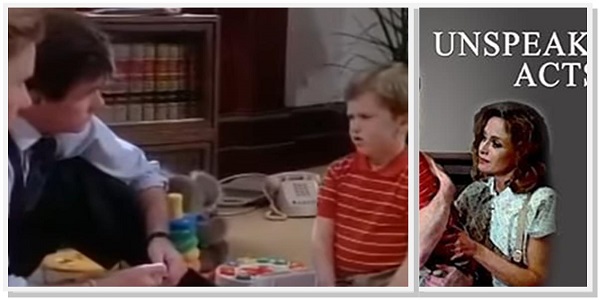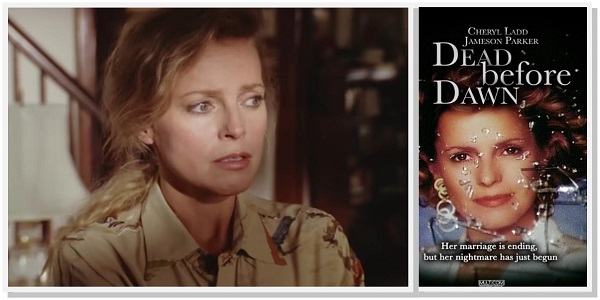Medical malpractice has killed and continues to kill countless people around the world, and this includes the developed world. In addition, there have been medical doctors who deliberately killed their patients. One such serial killers in the more recent history was Harold Shipman, a British doctor who murdered at least 15 of his patients while it is suspected that he may have killed a couple of hundreds of his patients. The TV movie Harold Shipman: Doctor Death (2002) features his case.
Aired on ITV, the movie was directed by Roger Bamford and it shows middle-aged general practitioner Harold Shipman (played by James Bolam) killing his patients, mainly elderly women, with lethal doses of drugs. He is not caught at first but eventually one of his fellow doctors becomes suspicious of the high number of Shipman’s patients dying and the daughter of one of his victims probing the suspicious death of her mother.
Harold Shipman: Doctor Death does not chronicle the life of Dr. Shipman. It focuses on a few cases that led to the arrest of the doctor and his subsequent interrogation. The movie doesn’t show his trial but toward the end includes the verdict of him being guilty of the killings. A good part of the movie’s runtime goes into the police investigation and scenes of interrogation of the doctor. And this arguably is the most interesting part of the movie as viewers are left guessing whether the cops will succeed in getting the doctor to confess to his crimes.
Bamford makes his film about Harold Shipman’s case free of sensation or excessive dramatization. It’s the closest thing you can get next to a documentary, which goes to its merit since it promises objectivity and doesn’t indulge in inducing speculations among the audience as to the motives of the culprit – which remain unknown. What viewers can take home from Harold Shipman: Doctor Death is the need for more awareness about the safety and well-being of their elderly relatives, a lesson whose importance can’t be overstated.




